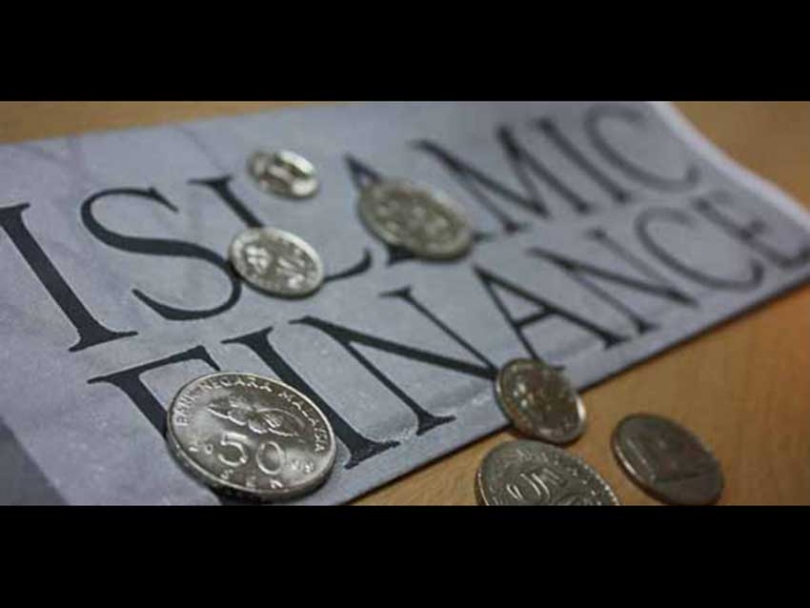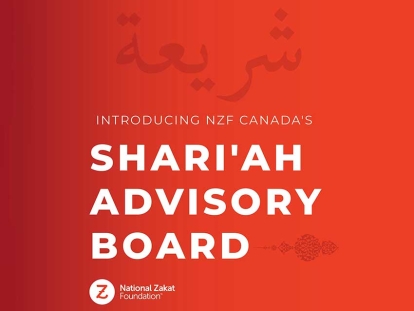 Photo credit: http://wgaw.blogspot.com
Photo credit: http://wgaw.blogspot.com
Oct
Islamic finance is not a recent invention. In medieval times, interest taking and undue financial speculation were considered both sinful and illegal and were duly avoided. Before the advent of Islam and for centuries thereafter, Muslims in the Arabian peninsula did business without taking or receiving interest. When needed, traders employed partnership (musharaka and mudaraba) contracts to finance their commerce. The absence of interest was never an impediment to the economic progress of Muslims.
It is only during the period of European colonization that Islamic commercial practices were eclipsed by capitalism. But Islamic finance was reborn with the independence of Muslim countries.
Today, Islamic banking and finance is a vibrant and viable industry globally. It is one of the fastest growing financial segments in the international financial system with an estimated annual growth of 15 to 20 per cent. Western mega banks have begun adopting Islamic banking techniques and the merits of shariah-compliant financing have been recognized by international financial institutions such as the IMF and the World Bank and by prestigious centres of learning such as Harvard Law School and Durham University.
While there is a great deal of satisfaction at what has been achieved, it has been pointed out by critics that Islamic finance as practiced today is not an authentic reflection of its original aims. The global financial crisis has prompted debate about the use of excessive debt and speculation to fuel growth. It has also renewed calls for Islamic finance to use more equity-based structures such as musharaka and mudaraba that reduce reliance on debt funding.
The majority of Muslim jurists and scholars agree that musharaka and mudaraba represent the most desirable ways of financing investment and business because of their ability to tie reward-sharing to risk-sharing between the two transacting parties.
However, few Islamic banks today offer or actively promote musharaka and mudaraba services. Of those who offer the services, few commit more than five percent of their funds to these modes. The industry is instead dominated by debt-creating instruments such as murabaha (mark-up) and ijara (renting) financing.
Critics lament the abandonment of equity-based products such as musharaka and mudaraba and complain that Islamic banking, as practiced today, has not brought visible change to the economic set-up of Muslim countries. And in truth, while Islamic financiers travel the conference circuit, hailing the resilience of the industry amidst the recent global financial crisis, the reality is that the Islamic banks that have displayed the same exuberance and risk-taking as conventional banks have also suffered.
Take for instance, the troubled Dubai World investment company which announced a $59-billion debt last year. The company was the biggest issuer of Islamic sukuks which are very similar to conventional bonds in the manner that they are structured.
There is no need for Islamic finance to compete with a conventional finance system that is over 800 years old.
A sad fact is that the main players in Islamic banking are Western conventional banks who have found a new source of funds for their investment banking products. To convert a conventional product into an Islamic product, Islamic institutions, bankers, jurists and conventional lawyers engage in a process of “reengineering”. This is done through a labyrinth of Special Purposes Vehicles that allow the creation of securities backed by mortgages and credit. The “reengineered product” is deemed compatible with Shariah as well as with the legal and regulatory systems in western markets.
The “Islamic” products must pass the test of legitimacy to be accepted by Muslim investors and Islamic institutions. Shariah boards (each Islamic bank has its own) approve these on face value without going into the details of the transactions. Efforts to develop a set of rules and opinions unanimously agreed upon by reputable Islamic scholars face resistance because of the financial incentives and rewards involved.
The bottom line is that the global Islamic banking and finance industry is estimated to be worth between $700 million and $1 trillion, with some estimates seeing assets growing to $1.6 trillion by 2012 as demand from the world's 1.3 billion Muslims for Shariah-compliant investments increases. You may say this is a mere fraction when compared to conventional finance but it's an amount that could make a significant difference in the social and economic development of Muslim communities if effectively managed.
In October 2008, at the height of the subprime mortgage crisis, Islamic scholar Yusuf al-Qaradawi called on the global Islamic banking industry to capitalize on the global financial crisis by building an alternative system. Shaykh al-Qaradawi argued that the failings of the capitalist system which is based on paper and not on goods traded in the market, indicated that Islamic economic philosophy stood in a good position to profit from the crisis.
For this to happen, the shift must be made to an equity-based financial system - where risk-sharing takes place. Islamic banks must return to their original raison d'être: as a viable alternative to the conventional system based on the concept of profit-loss sharing.
There is no need for Islamic finance to compete with a conventional finance system that is over 800 years old. Islamic financing is supposed to be an alternative to the Western capitalist banking system and should stay that way.
Ismail Barreh has an MBA as well as an Islamic banking and finance certificate. He is based in Ottawa.
This article was produced exclusively for Muslim Link and should not be copied without prior permission from the site. For permission, please write to info@muslimlink.ca.





